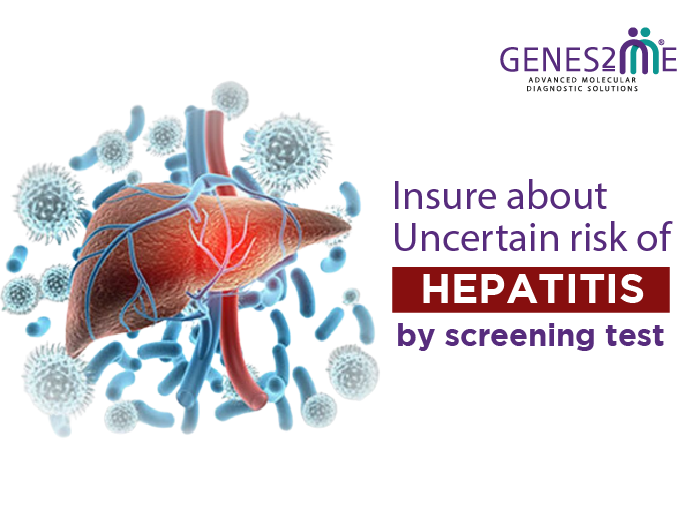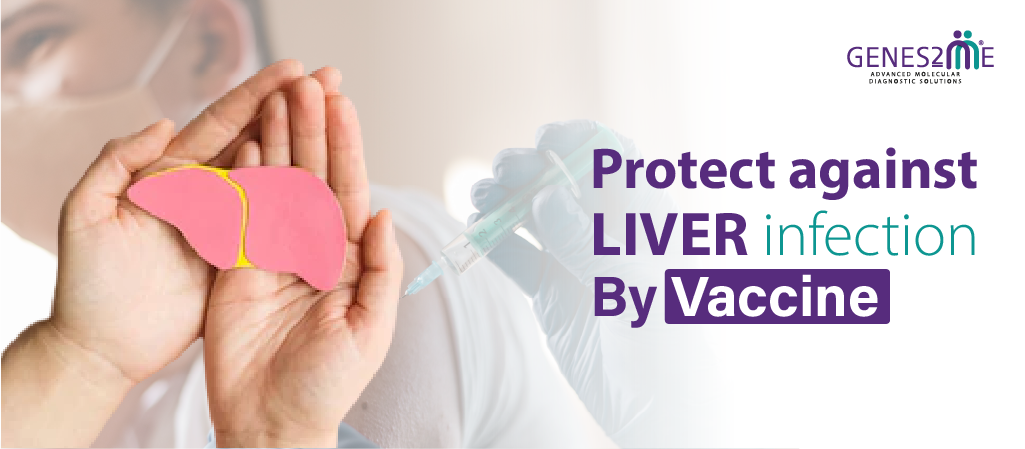Hepatitis Screening and Vaccination

Hepatitis is a condition that causes inflammation of liver due to viral infections and accumulation of toxins as well as other noninfectious substance. It leads to a range of health issues, some of which can be life-threatening. Hepatitis virus is segmented into five different strains or types, referred to as A, B, C, D, and E. Although the target organ of all the strains is liver, the key differences among them are their severity of infection, modes of transmission, geographical distribution, and prevention methods.
The most common symptoms associated with Hepatitis are nausea, fatigue, anorexia, jaundice, abdominal pain, and joint pain. Although the symptoms of hepatitis may be mild, the prolonged issue can lead to fatal consequences. For instance, each type of hepatitis can cause FHF (fulminate hepatic failure), which significantly weakens liver efficiency.
Screening
Hepatitis screening involves a diagnostic blood test for antibodies and antigens to determine whether the individual is suffering from viral hepatitis infection. When a virus or some foreign particle enters human body, the body starts producing antibodies as a part of its immune response. Therefore, the blood sample of an individual infected with hepatitis virus will contain antibodies specific to the type of hepatitis virus.
For diagnosis, a healthcare professional will examine patient’s blood for all strains of hepatitis virus. Diagnosis of Hepatitis A Virus is linked to the detection of HAV-specific immunoglobulin G (IgM) antibodies in the blood sample. To diagnose HBV infection, the presence of the surface antigen HBsAg in the blood should be confirmed. For HCV diagnosis, the confirmation of anti-HCV antibodies in the blood is required. To diagnose HDV infection, levels of anti-HDV immunoglobulin M (IgM) and immunoglobulin G (IgG) should be measured. For confirming the HEV infection, the presence of virus-specific IgM antibodies is tested.

Vaccination
Hepatitis A: The vaccination shot is routine for infants aged between 1 and 2 years. However, un-vaccinated juveniles, teenagers, and adults should also have this shot. Two shots are administered for six months.
Hepatitis B: The vaccination for Hepatitis B is mandatory and the first shot is administered at the time of birth. The second dose is given after six months. An unvaccinated person should also have the shot, especially if he or she is traveling to regions where the risk of getting infected is high.
Hepatitis C: In spite of millions of new cases detected every year globally, no vaccine has been developed for Hepatitis C so far. However, researchers are conducting trials to design a vaccine for the same.
Hepatitis D: The vaccine developed for HBV infection is equally effective for hepatitis D. However, the vaccine will not work if a patient infected with hepatitis D is already suffering from chronic hepatitis B.
Hepatitis E: The vaccination for Hepatitis E Virus is not approved in all the regions.
